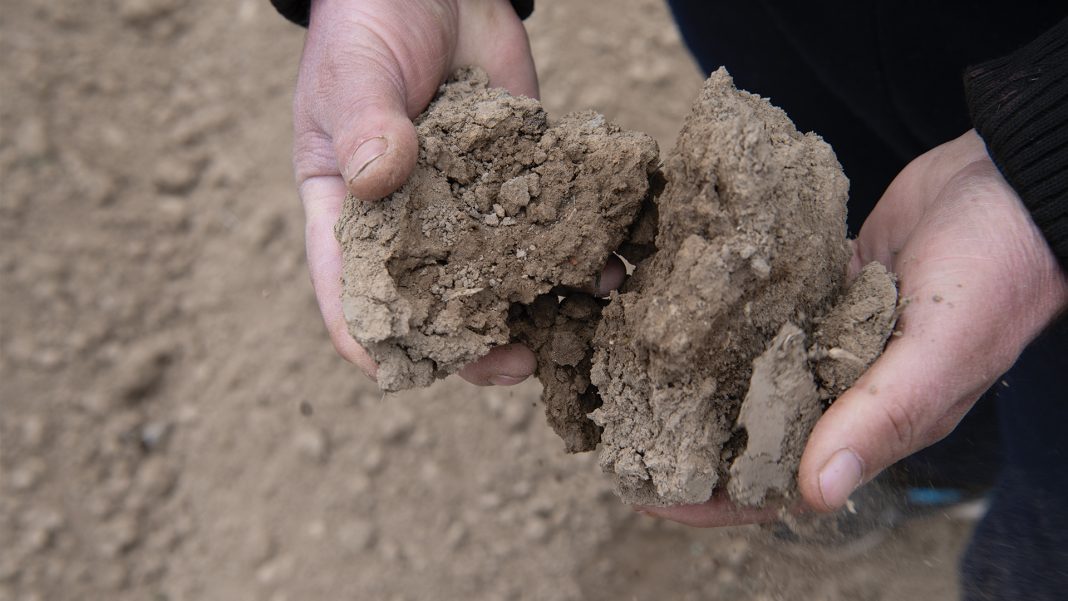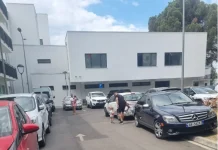Esmeralda Topi
Two years ago, just as Albania was set to begin the €146 million IPARD III agricultural support program, the European Commission froze the funds, citing suspicions of corruption.
Since then, the government has worked to downplay the seriousness of this punitive action. At the height of the election campaign, Prime Minister Edi Rama attempted to reframe the issue as a technical hiccup rather than a result of alleged corruption.
‘The European Commission’s auditing body identified some irregularities and asked us to address them from a systemic standpoint. And that is precisely what we are doing’, Rama https://www.instagram.com/p/DJNG0yNJcUg/stated in a TV interview.
Fact
The truth is that the European Commission has raised serious doubts about fund misuse and not simply ‘technical irregularities’. For this reason, in July 2023, the EC temporarily suspended funding until trust is restored in the functioning of the Albanian structures that manage the funds.
In a letter addressed to the Albanian government at the time, Brussels informed about serious deficiencies in the functioning of the internal control system for the implementation and monitoring of IPARD II funds in Albania.
Moreover, in a special response to Faktoje, the European Commission confirmed at that time that the decision regarding Albania was unprecedented.
Since then, the Albanian authorities have taken action to meet the requirements and conditions that must be fulfilled so that the country can regain the interrupted funds for Albanian agriculture.
The Albanian government must prove, among other things, that it respects the principles of sustainable financial management, transparency, and non-discrimination, as well as guarantee the protection of the EU’s financial interests by implementing the best international practices that enable the prevention, identification, reporting, and correction of irregularities for fraud.
IPARD ‘oxygen’ for agriculture
The IPARD agricultural support program provides grants to assist the agricultural sector in all countries that are in the process of joining the European Union.
Albania is one of five countries benefiting from grant support. Through the IPARD II program, implemented during 2014 to 2020, our country received over 71 million euros.
However, for two years, payments under IPARD II to Albanian agriculture have been stopped, and at the same time, funds worth 146 million euros for the IPARD III program have been ‘frozen.’ This issue has caused concern among actors in the field, who are calling on institutions to take swift action to unblock the funds and increase support for the sector.
‘IPARD funds were the only source of oxygen for Albanian agriculture, as budgetary support is insignificant. Institutions must take the responsibilities assigned to them so that the European Commission can release these funds again as soon as possible’, says Eduard Sharka, president of the Farmers’ Association.
‘National funds, which will begin to be accessible at the start of the year, need to be reviewed based on the real needs of the sector if we want it to continue being a priority sector’, adds agriculture expert Esmeralda Ballesha.
Besides the lack of IPARD funds, the agricultural sector in Albania is also facing the severe effects of mass emigration and poor fiscal policies. At the end of last year, official data from the Institute of Statistics confirmed the crisis in agriculture.
According to INSTAT, in the fourth quarter of last year, agricultural production in Albania shrank by 2.7% on an annual basis.
Conclusion
Prime Minister Edi Rama’s claim that the European Commission found ‘only irregularities’ and not corruption-related issues is false. Official documents and decisions from the European Commission indicate that the suspension of IPARD funds was based on serious systemic problems and suspicions of corruption, not just technical shortcomings.










